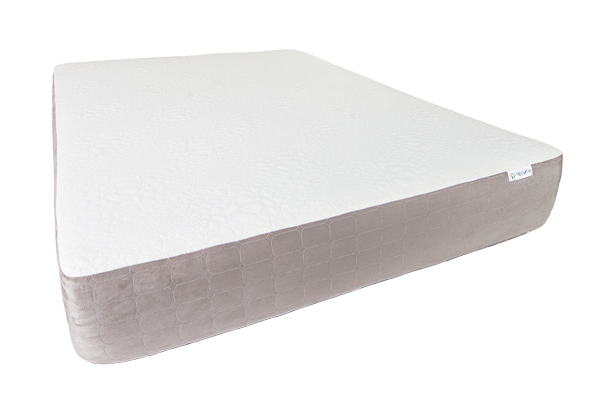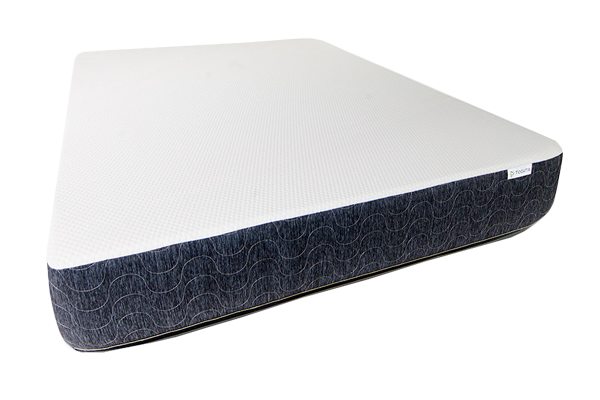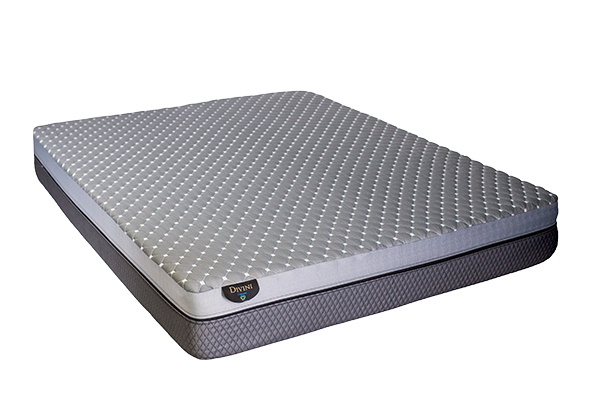
They say the early bird catches the worm, but is this really true? And what do night owls catch? Research shows most people adopt one of two sleep cycles: Early bedtime/early wake-up or late bedtime/late wake-up. When it comes to overall health, which sleeping style is the best?
The 2 Different Sleep Schedules
Scientists use the word “chronotype” to describe a person’s sleep schedule, which is determined by biological and genetic factors. Your chronotype influences when you feel most the most energized during the day (and when you need 40 winks.)
Ever wondered why you stay up and watch Netflix until 2 a.m. but never feel tired? Or go to bed earlier than your grandma? It’s all down to your chronotype.
There are two main chronotypes: “Early birds” and “night owls.” (Night owls are sometimes called “larks.”)
- Early birds go to bed earlier at night and wake up earlier in the morning. (The ‘earlier than Grandma’ people.)
- Night owls, on the other hand, go to bed later at night and wake up later in the morning. (The all-night Netflix watchers.)
The question is: Are you an early bird or a night owl?
Do Early Birds Have an Advantage Over Night Owls?
Research shows that biological and genetic factors determine whether you’re an early bird or night owl.
One German study analyzed both early birds and night owls to see if there were any differences in their brain patterns. There were, and here’s the kicker:
Night owls have less fatty tissue called “white matter” in their brain, which boosts depression and slows down cognitive ability. As a result, late risers might do worse in exams than early risers.
But why? Well, the research suggests that, even if night owls and early birds get the same amount of sleep, night owls tend to feel more tired during the day. Fatigue can make them seriously grumpy, slow down concentration, and even lead to depression.
If You’re a Night Owl, You Need to Read This
It’s not all bad news.
Other research suggests that night owls are more creative than early birds. And they could even be more intelligent.
“[A study] of US Air Force recruits found that night owls scored higher on intelligence tests, and in 2014, a different group of researchers found that night owls in an MBA program also got higher test scores. (Take that, cheery morning people!),” says Insider.
Still, another study from the University of Exeter in the United Kingdom echoes the German researchers who discovered a link between depression and staying up late.
“Staying up late and lying in could increase your risk of mental illness, experts have warned,” says the New York Post.
Change Up Your Sleep Schedule
If the above studies are correct, you might want to switch up your sleep schedule. Do you have a habit of staying up and getting up late? Adopt the schedule of an early bird and see if you feel more energized throughout the day. Here’s how to do it:
- Choose a reasonable bedtime (no later than midnight) and stick to it every night. It might take your body a while to adjust, though.
- Don’t look at your smartphone for at least an hour before bed. The blue light emitted by your smartphone screen could keep you awake for longer.
- Invest in a good mattress for a better night’s sleep.
The research is in, and it’s not good news for night owls. Studies show that, while night owls could be more intelligent and creative than early birds, they are more likely to suffer from depression and lack energy during the day. Changing up your sleep schedule, however, could change all this and improve your wellbeing.


